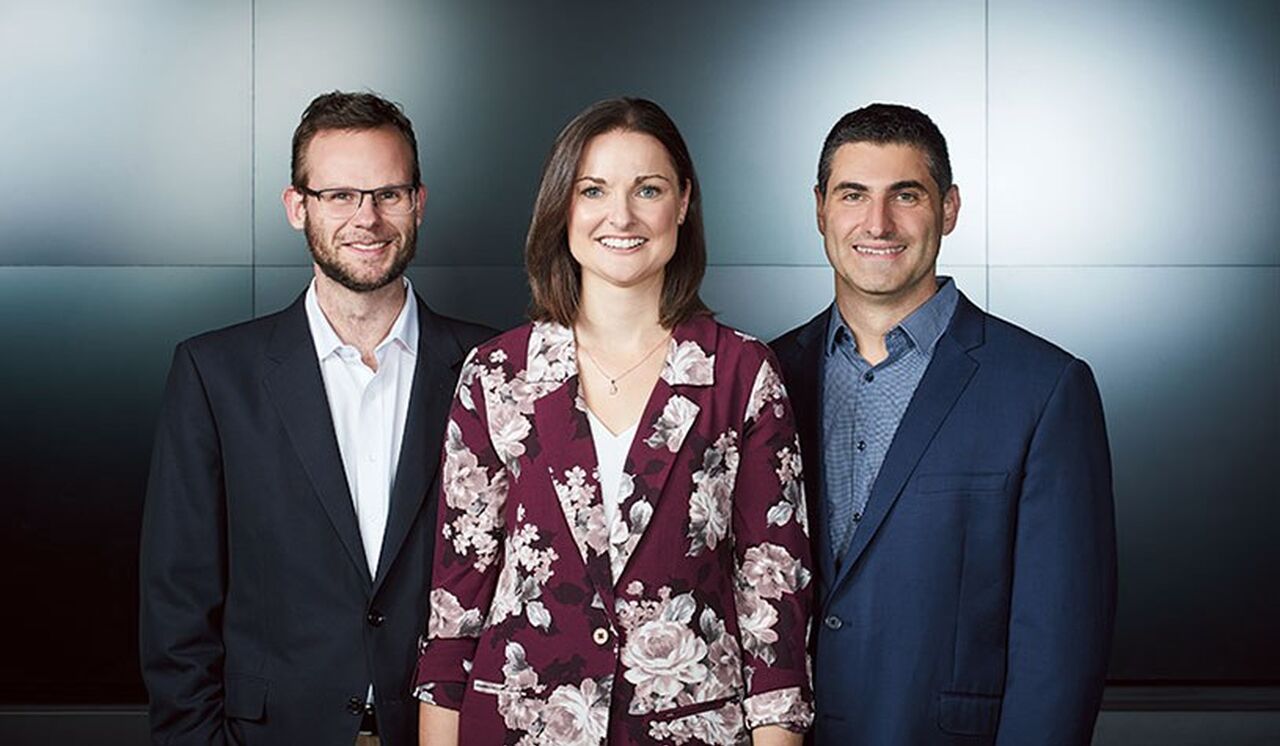
As the city curating a once-in-a-generation innovation precinct, Adelaide is headline news most days of the week, somewhere in the world.
The synergy of Lot Fourteen in the CBD, set alongside two of South Australia’s leading universities and enveloped by the thriving cultural hub of the East End, is not only bringing the city into focus globally but also shifting how Adelaide views itself.
The neighbourhood’s expanding ecosystem nurtures some of the world’s fastest growing industries. Among them, defence and space; artificial intelligence and machine learning; cybersecurity and blockchain technologies; and creative industries and immersive media.
Importantly, aspirational South Australians who want to work — or drive innovation — in these sectors, no longer need to head overseas to get a break or accept a second-best job offer so they can stay at home.
And by the time the sun sets on summer 2019/20, it’s estimated that more than 1,000 people will work at Lot Fourteen including those at the Australian Space Agency (ASA), announced last year.
Seeing Adelaide’s name up in lights is proof that the world is watching us and is curious about the neighbourhood’s developmental milestones, new tenancies and what will happen next.
So what is it like to work in the Lot Fourteen neighbourhood? We interviewed two South Australians with something in common.

Nick Moretti, Space Program Lead at Inovor Technologies, finds inspiration on his way to work at Lot Fourteen winding through the spectacular Adelaide Botanic Gardens.
The job title held by Adelaide-born Nick Moretti at Inovor Technologies is ‘Space Technologies Program Lead’.
Nick, still in his 20s, became Inovor’s first employee when he was snapped up post-graduation from The University of Adelaide by company founder Dr Matthew Tetlow.
Inovor now employs 15 people at the refurbished Hanson Building at Lot Fourteen and is a world-leading supplier of next-generation nanosatellite technology for commercial, government and research clients wanting missions flown in space.
“I mainly look after the design and build of Inovor’s satellites and space situational awareness, which is pretty much like air traffic management for an airport but in space,” Nick said.
He is currently building a satellite for the CSIRO with an infrared camera for land mass research and cannot wait for the Australian Space Agency to arrive.
“We’re all really looking forward to it. Just being able to walk over for a meeting and talk through an idea is going to be amazing. Things are going to advance even faster,” he said.
For Nick, unlike graduates before him, South Australia’s investment in advanced manufacturing and the deep-tech sector meant that he walked into the job of his dreams — literally.
“I walk through the Botanic Gardens to work and it’s a great way to start and finish the day,” he says.
“Yeah, I’m pretty lucky.”

Lot Fourteen newcomers: Dr Jonathan Hall (left), Dr Michelle Perugini and Dr Don Perugini of Presagen.
CEO and co-founder of Presagen Dr Michelle Perugini is a Lot Fourteen newcomer who has come full circle.
In 2019, Dr Perugini is a successful, internationally renowned expert in health, medical research, advanced analytics, and cognitive artificial intelligence.
But in her first ‘lab job’ as a stem cell biologist at the Royal Adelaide Hospital, her office was less than glamorous.
“In fact, it was in an old office compactus normally used for storage, inside the Hanson Building,” she laughs.
“It’s incredible to see how Lot Fourteen is taking shape at the former Royal Adelaide Hospital site.”
Presagen is in far better company.
The company is a collaboration between doctors Michelle and Don Perugini and Dr Jonathan Hall, and has recently relocated to Lot Fourteen’s Eleanor Harrald Building to commercialise its first product, Life Whisperer.
Life Whisperer uses artificial intelligence to identify healthy embryos in IVF and is backed by $1.5 million in state government funding and $3 million in private investment.
“Investment in Lot Fourteen and its tenants is proof that the state is serious about supporting both home-grown and international talent,” Dr Perugini said.
“It demonstrates commitment to creating a collaborative neighbourhood in Adelaide where the deep-tech sector can thrive.
“We have good relationships within the state government and with many of the start-up companies on site — knowing the really high calibre of those people was a drawcard for us to bring Presagen to Lot Fourteen.”
Dr Perugini said Presagen needed a space where it could get down to business.
“Our company has 10 employees and what we need most is our own private space to just get our heads down and get the work done.
“But we wanted that space to be in an environment where, if you’re walking to the tea room or down the corridor, there will be people who are in the same industry or in similar stage of business. I think this mix is something Lot Fourteen does well.
“For ambitious people from Adelaide, Lot Fourteen is a reason to stay, a place to launch a startup or grow a business, and a reason to come home.”
Visit the Lot Fourteen project page or stroll through the neighbourhood and stay for a bite to eat at Mangiasti? café in The Chapel. Enter via the Botanic Gardens or East End, off North Terrace.